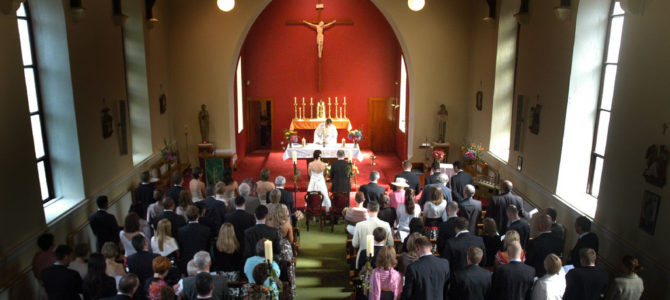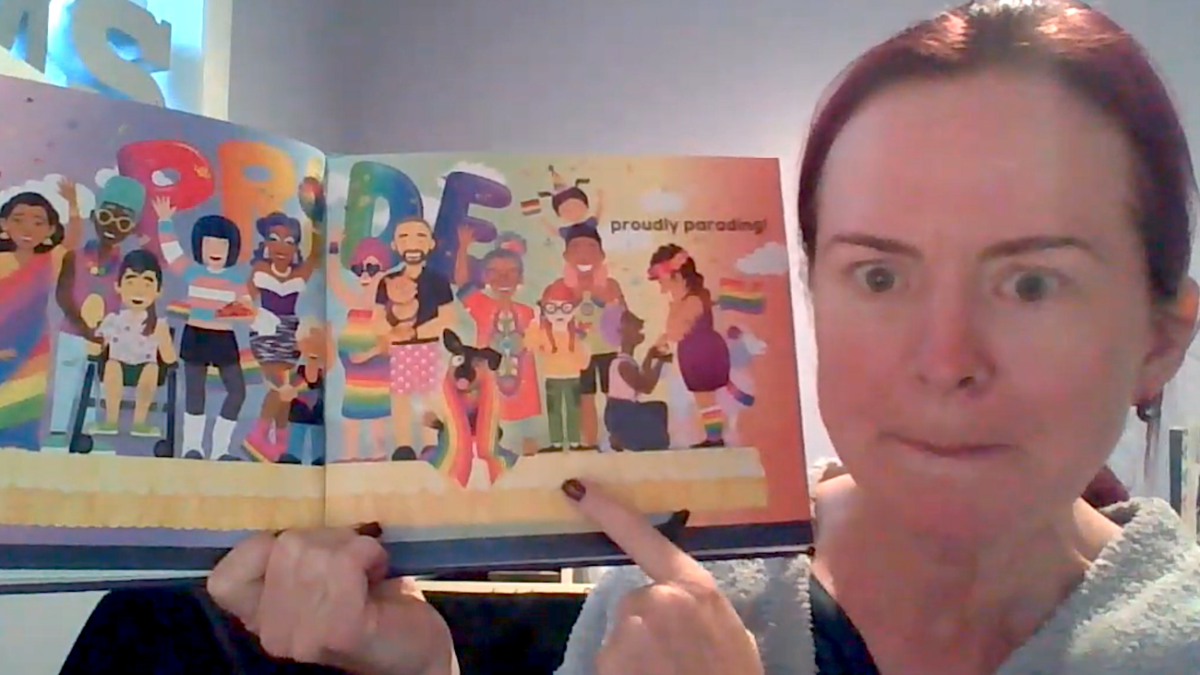
More than 200 years ago, the young United States was learning to walk in its freshly won freedom and the Constitution born of it. Our experiment in self-governance, based on the idea that our Creator endowed all of us with certain inalienable rights as reflected in our Declaration of Independence, was unique in the history of the world.
Among these rights—which we recognize are not given by government but granted by God—is our right to religious freedom. Its importance is signified by the fact that it precedes all the other rights listed in the amendments to our Constitution.
In our early years, imperfect to be sure, as a nation we nevertheless persisted and advanced to embrace the ideal of religious freedom articulated in the First Amendment to our Constitution. That we are still governed by the same Constitution after more than 200 years is itself a miracle, and speaks to the vigilance Americans have exercised and must continue to exercise to guard our freedom.
Yes, the Hostility to Religous Freedom Is Growing
Generations later, hostility to religion in the public square of the United States has grown significantly. The changes may seem incremental until one compares the social situation at the time of our founding with our present state. Religion was embraced then, and is censored now. It was esteemed at that time; these days it is often disparaged.
From militant atheist hostility to the presence of religious symbols in public and expressions of religious belief by government actors, to government hostility to religious beliefs regarding sexuality, the overall climate for the religious believer is one of apprehension at best. Indeed, some have lost their jobs or been financially penalized due to their beliefs—right here in the United States.
To track and address these troubling developments, Family Research Council released a report in 2014 titled “Hostility to Religion: The Growing Threat to Religious Liberty in the United States.” It documented accounts of hostility toward faith in the United States today, defined in four areas: (1) Suppression of Religious Expression in the Public Square; (2) Suppression of Religious Expression in Schools and Universities; (3) Censure of Religious Viewpoints Regarding Sexuality; and (4) Suppression of Religious Expression on Sexuality Using Nondiscrimination Laws. That catalogue of violations, spanning over ten years, contained 90 incidents.
Many would likely suspect that religious freedom troubles have grown worse during the past three years. They would be correct. Just this past week, we released the updated 2017 report, which shows—conservatively estimated—a 76 percent increase in overall religious freedom violations documented over the past three years.
The last two sections, dealing with human sexuality, have seen a 114 percent surge. These types of incidents were already on the rise, and the Supreme Court’s decision in Obergefell v. Hodges only accelerated the trend. If one reads through the last two sections, many cases will be familiar from the news and cultural discussion. Among those featured is the story of Jack Phillips, the Colorado baker who was sued after he obeyed his conscience and politely declined to create a wedding cake for a same-sex wedding ceremony. The Supreme Court accepted his case for review just several days ago, and will decide it during the next term.
Now What Will We Do With This Information?
The first step toward action is information. We hope this report will serve as a resource for those who wonder about the state of religious freedom in America. It can also be useful to those who wonder where the evidence is when others cite a trend of religious freedom violations. With this information, our representatives can respond appropriately. Concerned citizens can engage with the media and in their communities. Certainly, our religious freedom problems could be much worse. But our goal is not to get to that “much worse” place.
When Communism began to spread during the beginning of the twentieth century, many ignored or brushed off concerns as relatively mild, especially in light of other concerns at the time. Only when it was too late and the grip of authoritarian regimes was strong did many realize the horror and carnage that the ideology had wrought worldwide. This is clear in hindsight but was not so apparent at the time.
Our country has been blessed with a long history of freedom. On its birthday, it is appropriate to be thankful and reflect on how we can guard against the suppression of religious freedom we do see now before it is too late. If we Americans can acknowledge the troubling trends now, and work to reverse them while we still have the freedom to do so, we will have a future America that embraces liberty and remains free for all.









